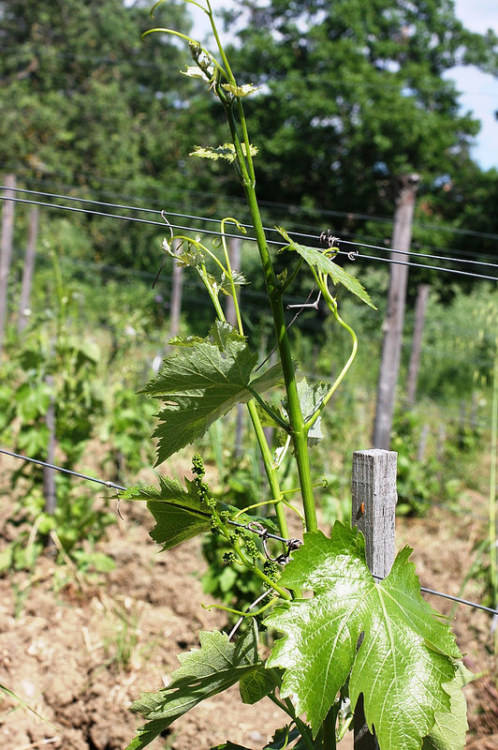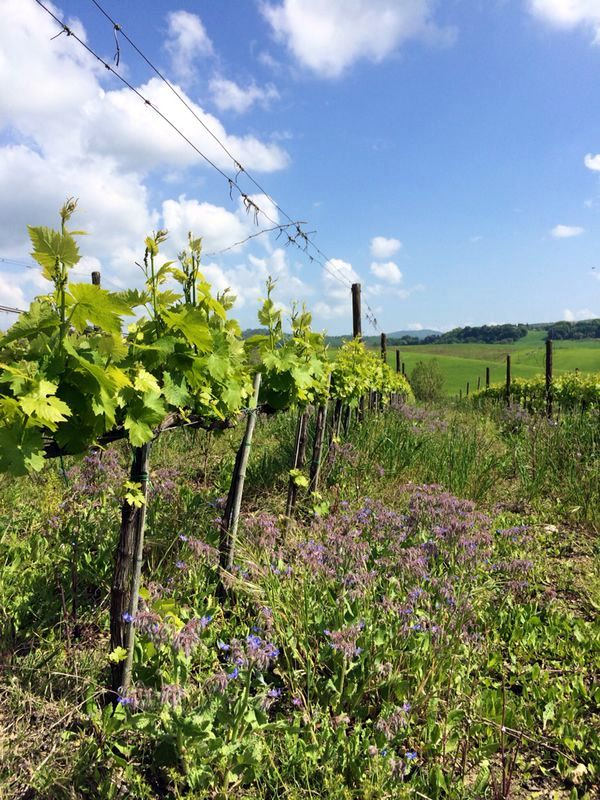The entire wine sector has greatly progressed in the implementation of the environmental values of the territory and of consolidated expertise in the cellar. All you have to do is travel the peninsula to observe the numerous projects that in various degrees produce very special landscapes.

Vineyards are not always receiving professional agronomic treatments, and it’s clear that fighting pathogens needs to be further improved. First and foremost, pesticides continue to be used (and authorised), which contain active ingredients harmful to those who apply them and to the surrounding environment, including humans. Often, despite commitments to do better, much of the sprayed solution doesn’t hit its target but is for the most part, conveyed elsewhere with ensuing degrees of pollution. In general, there are still an excessive number of treatments in the vineyard. The need to do better involves public authorities, researchers, the manufacturers of the increasingly adequate equipment, and, while some progress is evident, it’s still not enough in my opinion.
It’s essential that there is an increasing commitment to the intelligent and informed use of pesticides. Reports of environmental pollution and harm to residents, as in the recent case of children being poisoned by the pesticides used in Bordeaux vineyards, have to motivate us even more to make sure such incidents are not repeated.
Indeed similar incidents also happen in Italy, but rarely appear in the newspapers, and the authorities responsible for monitoring the health of workers in the industry should be more vigilant.
A step in the right direction is necessary and resides in an official review of the molecules regularly authorised and recommended to treat vine diseases. Some of them are not without side effects for those who perform the treatments and can causes illnesses. The surrounding environment, including its inhabitants and all living things, isn’t free from such risks either. We mustn’t forget the ban on dithiocarbamates in the USA (a suspected carcinogen) and their prolonged and current use in Italy and throughout Europe.
Genomics studies towards new genotypes with different tolerances are an important commitment and could lead to major breakthroughs. It’s a very complex and delicate topic: genetically modifying the grape varieties we grow involves a number of considerations that are not easily resolved.
Fighting diseases in the vineyard with invasive treatments is in, my opinion, “an important anomaly in the production of wine” that could be gradually downsized, as demonstrated by the production of ‘natural wines’. Yes, it can! The beauty of the vineyards and their territories can’t do without the great value of a wine that comes from a healthy environment, the main objective of its economic system.






